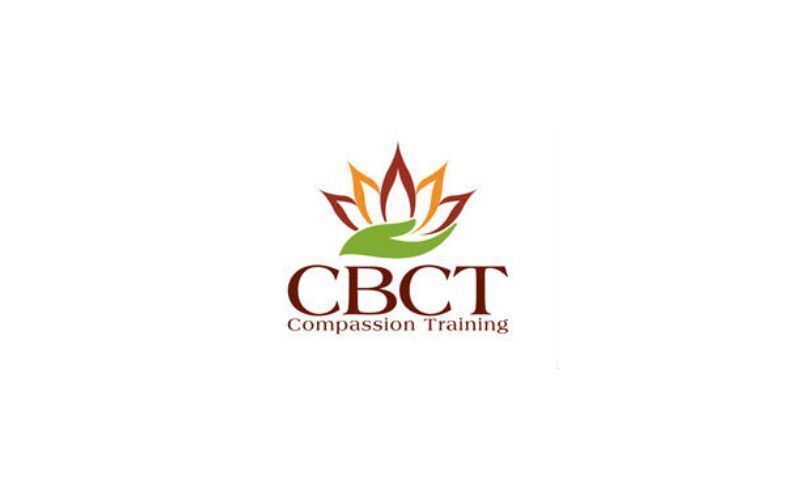Cognitively-Based Compassion Training (CBCT) is a signature program of the Emory-Tibet Partnership. CBCT is a method for cultivating greater well-being through the use of reflective practices. Developed at Emory University in 2004 by Geshe Lobsang Tenzin Negi, PhD, CBCT is based on centuries-old techniques from the Indo-Tibetan tradition. Negi drew from the lojong tradition, a set of meditative practices designed to bring about ‘thought transformation,’ to create this contemporary and secular method. CBCT is independent from—and in many ways supportive of—any faith or belief system.
Analytical mental exercises are used to progressively foster compassion through a process that begins with the stabilization of attention and awareness of mental activity. With increased calmness of mind, the practitioner can cultivate a greater sense of closeness and connectedness with others, strengthening compassionate concern while avoiding related distress from empathic fatigue. CBCT offers tools to expand compassion toward wider and wider circles. The practices support the growth of a number of mental states and behaviors valued across cultures, such as kindness, gratitude, generosity, and warm-heartedness.
The fundamental premise is that compassion is a trait that can be developed and expanded. This view is supported by contemporary science as well as by most spiritual traditions. For more information about CBCT, please visit tibet.emory.edu.
Location: Atlanta, Georgia, USA
Website: The Emory University
Facebook Page: Tibet Emory


